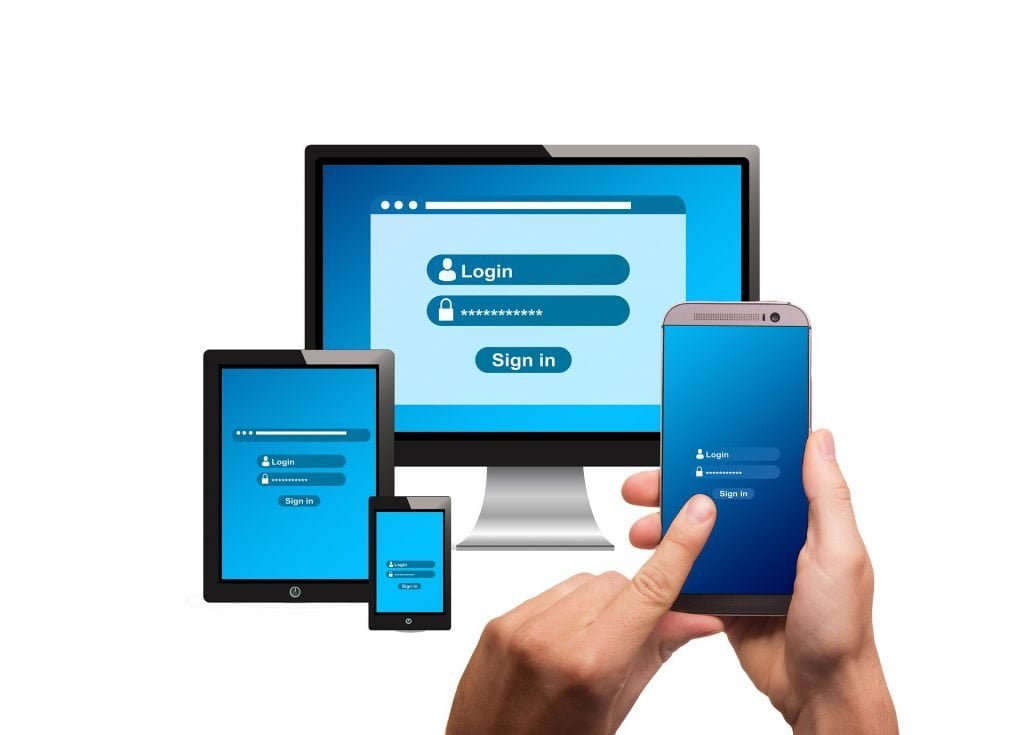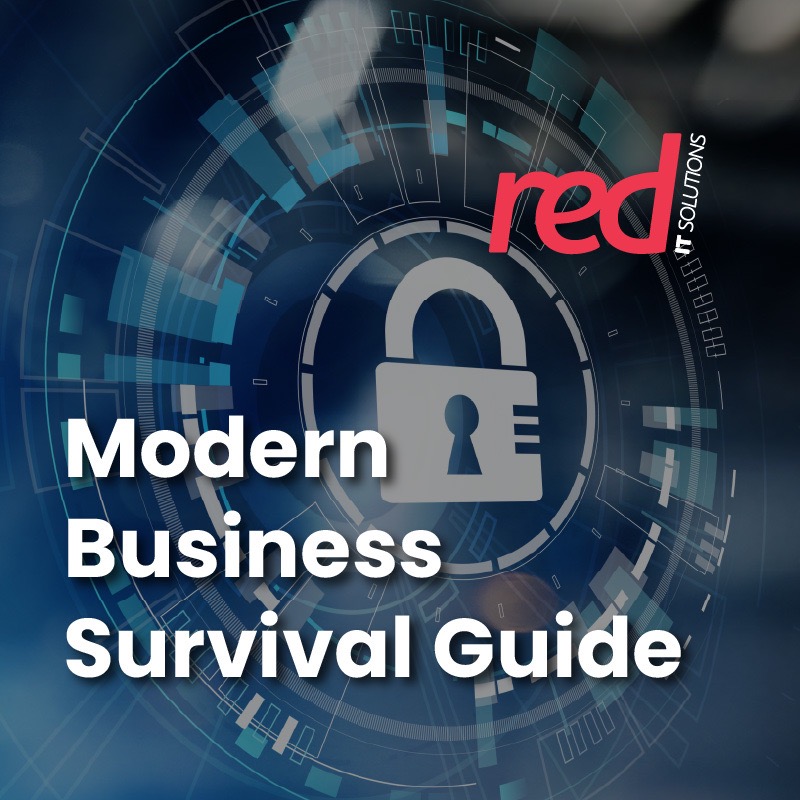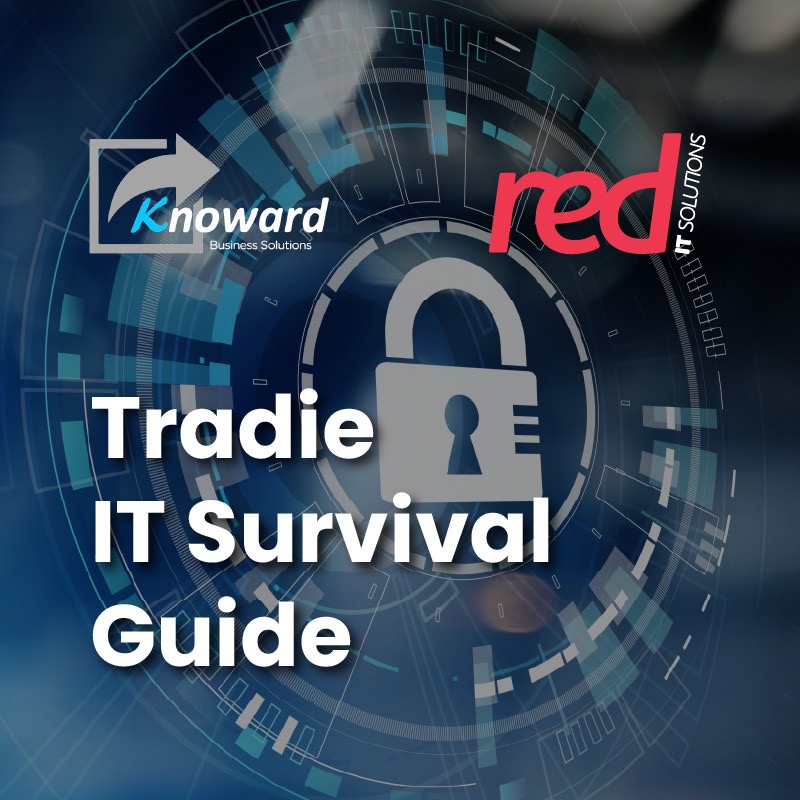
The oft-ignored advice for password creation is that it needs to be unique and secure. But most of us, admittedly or otherwise, will choose the quick route given that complex passwords are hard to memorize. And it is funny enough that they are laughably guessable. Here are some examples of what Australians use (and why you should not use them anymore).
“123456, password, and password1” are some common examples used by Australians and can take only one second to encrypt. These are what comprise the top four most used ones. These are then followed by “123456789,” “12345,” and “abc123.” You get the point.
Since we’ve identified what most people use, we’ll give you the best ways to prevent your password from being hackable.
Use a random password generator
There are a lot of these online, and they are for free. Heck, Google can even suggest one. Some have the option to create a random key based on your preferences. Check all of them and make sure you create one with 12 to 20 distinct characters (upper and lowercase letters, numbers, and symbols).
Get a password manager account
Password managers like Keeper, 1Password, and LastPass will be able to provide you with a safe place for your passwords. Some, like LastPass, Dashlane, and BitWarden, offer free plans, but they also come with feature-packed Premium plans. Nifty tools like a random password generator are available to most of these managers, so you don’t have to make one manually. Having a password manager is also an effective way for you not to save your passwords on a document on your computer. And you know what happens with that…
Multi-factor authentication
Most secure sites will have this function: a biometric on your mobile phone or another application like Authenticator that will require you to key in a code generated every minute. This feature is a failsafe and an added layer of protection that you should never miss, as this will help secure your data from hackers who may know your passwords.
Never use the same password twice
It makes sense, doesn’t it? If somebody figures out one of your passwords, it is safe to assume that you are using it on other websites or a derivative of it. It does not take long for an expert to crack through your access. So, this goes in line with tip number one.
In today’s climate, there is much sensitive data within people’s grasp, and it can be yours – if you let it. We hope these tips will take a further step up from securing your data. Check our other blogs on our blog page.




